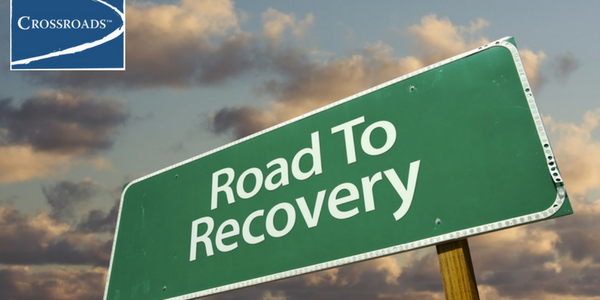One concern that many people have when it comes to addiction treatment, is how long does it take? They may be worried about missing work, being away from family, or having to rearrange their schedule to accommodate therapy and support groups. Sometimes people also have a hard time committing if they fear something will take “too long” to finish or see results. But it is important to remember that addiction did not develop overnight, nor can it be treated overnight. Recovery takes time.
There is no concrete answer for how long addiction treatment takes. It varies from person to person, situation to situation, and program to program. Typically programs run for 28 to 90 days. However, someone recovering from a slip or brief relapse may require less time, while someone with more extensive addiction issues may require longer. Treatment may also take longer if the client is dealing with addiction and mental health concerns. Client progress is monitored throughout treatment to ensure that individual needs are being met. Adjustments may be made throughout.
In addition, specific facilities vary in what types of programs they offer. Common components may include:
- Residential Care
- Partial Hospitalization
- Intensive Outpatient Treatment
- Outpatient Treatment
- Aftercare
A facility may offer some or all of these programs. Furthermore, treatment centers like Crossroads focus on gender-responsive programs, tailoring care to the specific needs of females and males separately.
It is important to find a program that fits with your needs and goals. Many people begin with a residential treatment program and then transition to outpatient care as they grow in their recovery. This provides continued support, education, and therapy, but on a less frequent basis. As they become more confident and build their skills, the level of intensive support necessary decreases, and many people turn to support groups.
Attending support groups on a longer-term basis is something that many clients find valuable. They may start by going several times a week and then slowly decrease their frequency. Support groups allow them to stay accountable and have others to turn to for support and encouragement.
Making the Most of Addiction Treatment
Try not to focus on the duration of the program, but rather the process of recovery. Everyone progresses at their own pace. Do what is best for you and your needs. You want to make sure that you give yourself enough time to develop a solid understanding of addiction and the recovery process, as well as the tools and resources necessary for lasting recovery. Work with your care team to create a treatment plan that fits with your needs and goals.
Don’t be afraid to ask questions or express your concerns. There are many different approaches to treatment, so you may need to make adjustments to your treatment plan depending on what you respond best to. Remember that recovery takes time, and it’s a good idea to keep an open mind and be willing to try new things. Crossroads works with clients along each step of their recovery journey so they can feel more confident implementing what they have learned as they reintegrate into the community.
Everyone’s recovery is different, so resist the urge to compare your progress to someone else’s. Focus on doing what is best for you. No matter how long it takes, remind yourself that it is worth it, and you’re creating a healthier, brighter future for yourself.
[cta]Are you ready to begin your journey to recovery? Contact Crossroads today to get started.[/cta]


















